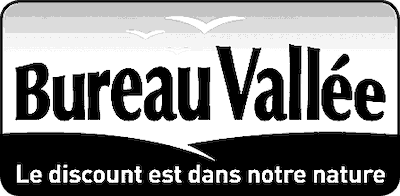
Experimentation area: Bangladesh - Madagascar - France
Period: 2017 - 2020
Led by: Valentin Morel, Marion Olekhnovitch, Margaux Pourret, Quentin Mateus
Stemming from its shared history with the Gold of Bengal organisation, and its research project on jute fibre in Bangladesh (Jute Lab), the Low-tech Lab developed expert knowledge about this natural resource and the potential of developing high added value applications of this fibre in the appreciation of its sector (farming, craftsmanship and industry).
In 2017, meeting the fair trade automobile manufacturer Karenjy and the social company Le Relais in Madagascar led us to study the potential of natural fibres in the automobile sector. For the sake of consistency, this collaboration was also the starting point of a more in-depth technical exploration of a possible low-tech approach of the mobility, transports and logistics fields – structural sectors in our models of society, as important as they are pollutant.
So, for almost three years, Bengali, Indian, French and Malagasy workers strove to develop together recyclable bio-sourced composite materials and simple and less impactful production processes. The latest experimentations also gave rise to protocols using recycled fuel, and used natural oils or derivatives of agricultural waste instead of fossil fuels.
Several parts of casing and bodywork, and many tests of waste recycling into fuel were undertaken and integrated into the experimental plans of a future prototype vehicle. Thereby demonstrating a possible reconception and questioning uses and processes via a low-tech approach!
Patrons’ awards
Bourse Déclic Jeunes 2017 de la Fondation de France
Prix Convergences 2018 Coup de coeur - Recherche
*Thank you to Institut Franco-Indien de Bretagne, Kaïros Biocomposites, EcoTechnilin, Nowapara Jute Mills Limited, Le Relais, Karenjy, Icam Nantes, INSA Lyon, UBS Lorient (especially IRDL Institut de Recherche Dupuy de Lôme) and the IAR French bioeconomy cluster.
AGAMI PARTNERS

